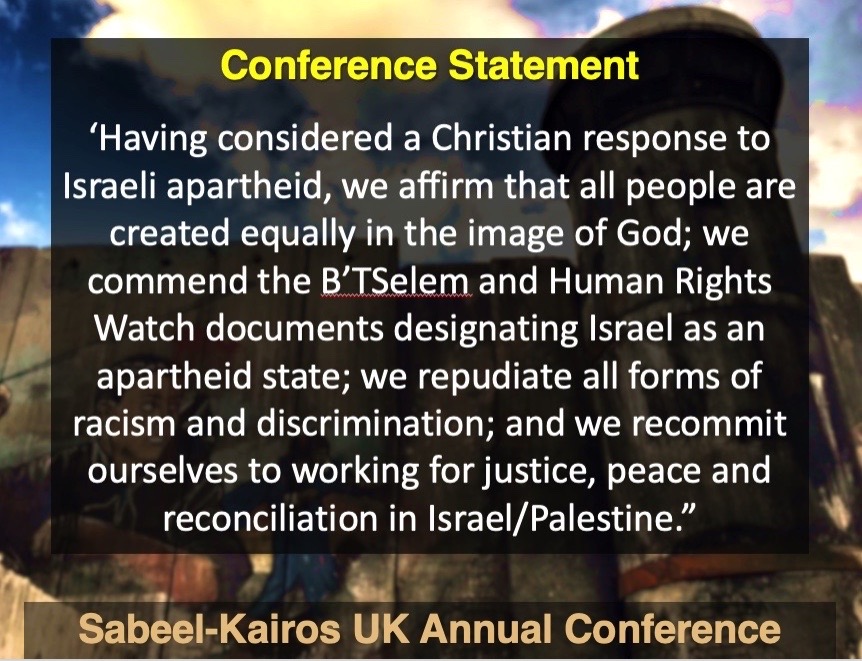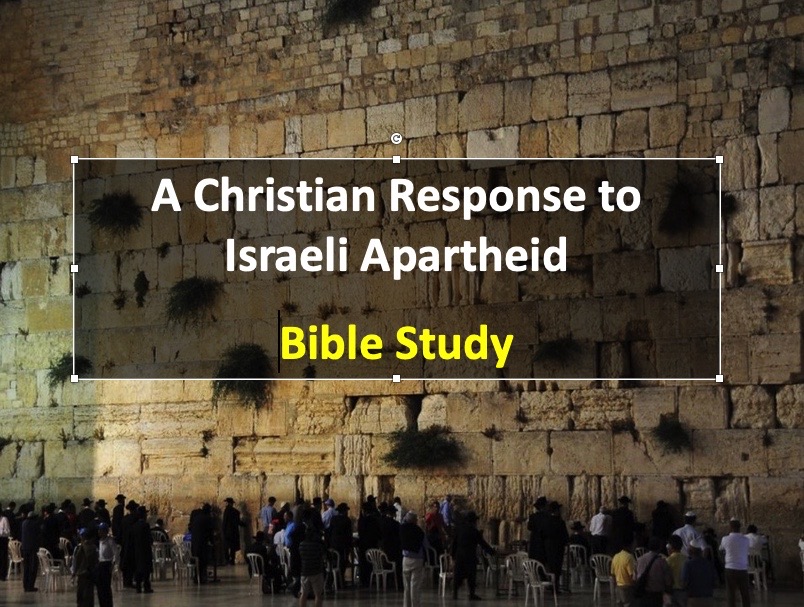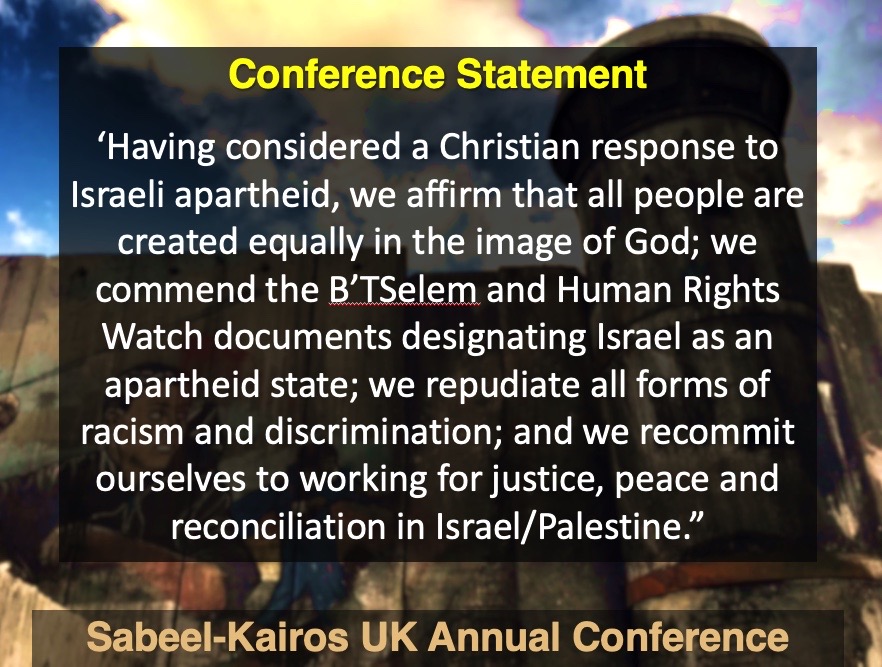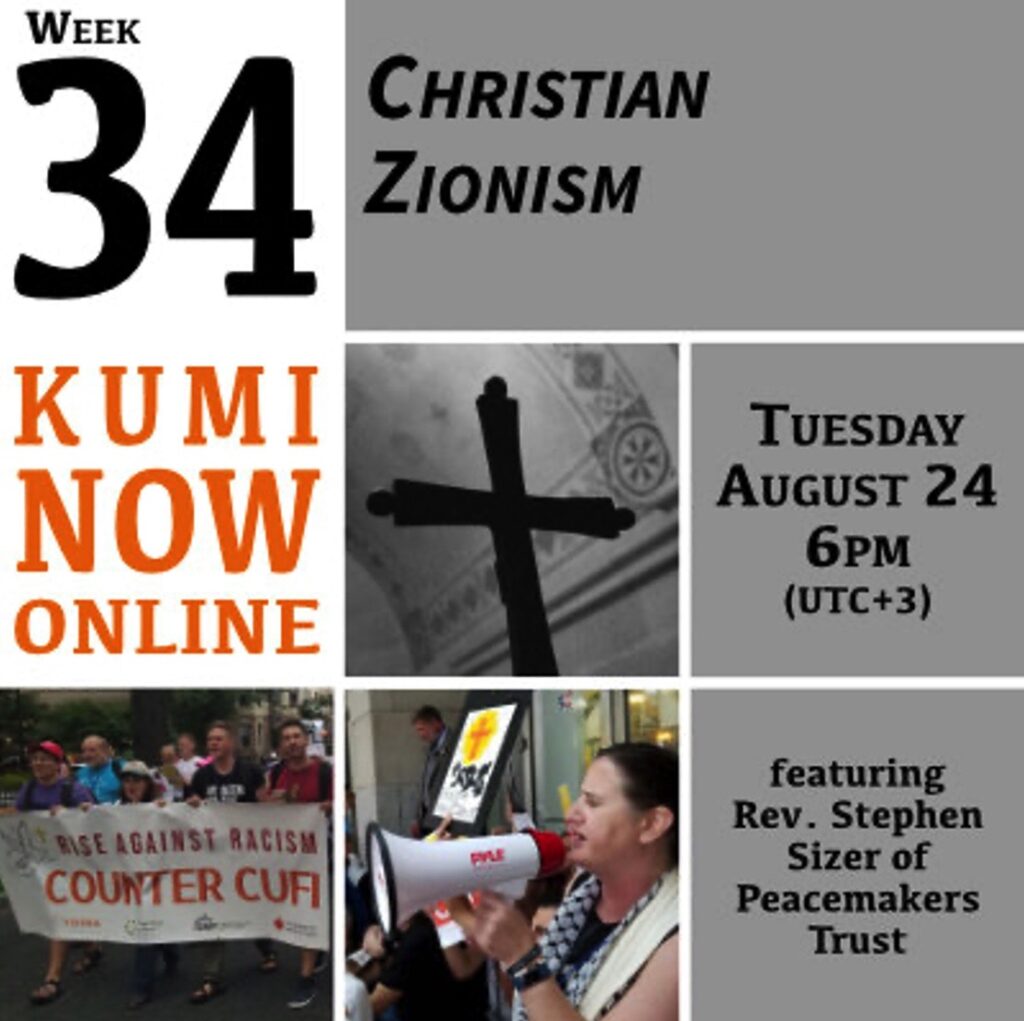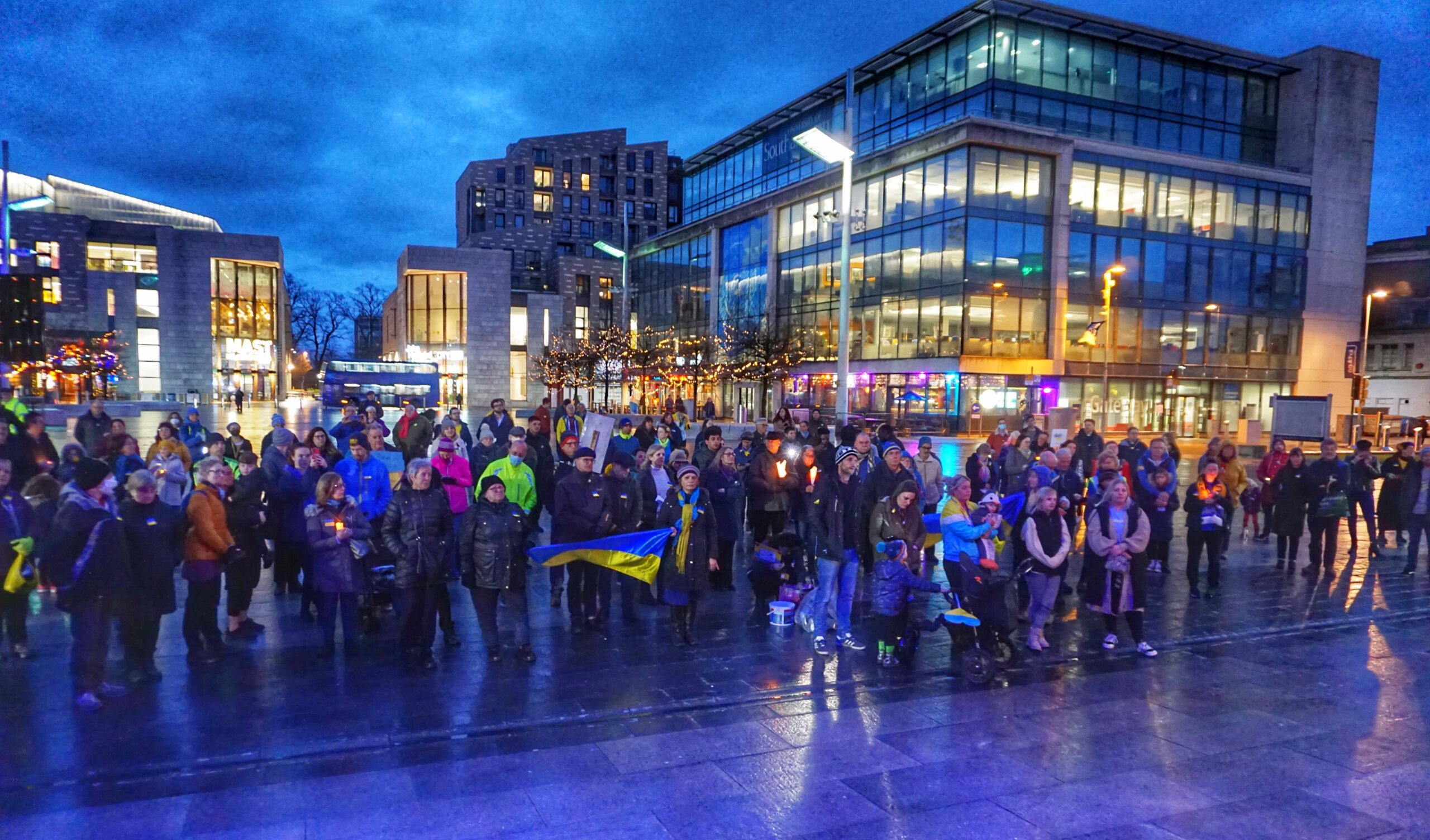
 According to the Mail on Sunday, “Thousands of Extinction Rebellion protestors including an Olympic gold medallist have staged a sit-down protest in Oxford Street and Regent Street, blocking traffic in the heart of London’s shopping district to call for no new investment in fossil fuels. The climate change activists gathered at Speakers’ Corner at Hyde Park on Saturday morning before marching into the centre of the city’s West End.” Climate Change is indeed a serious threat to the survival of planet earth. But only one person can save the world and that is Jesus.
According to the Mail on Sunday, “Thousands of Extinction Rebellion protestors including an Olympic gold medallist have staged a sit-down protest in Oxford Street and Regent Street, blocking traffic in the heart of London’s shopping district to call for no new investment in fossil fuels. The climate change activists gathered at Speakers’ Corner at Hyde Park on Saturday morning before marching into the centre of the city’s West End.” Climate Change is indeed a serious threat to the survival of planet earth. But only one person can save the world and that is Jesus.
Many people joined in the demonstration. Some were there on impulse. They were tourists or troublemakers. They joined in the demo. They took their photos. But they went home but soon forgot about it. Others were intentional. They planned to be there. They take climate change seriously and want to do something to help the most vulnerable nations. So there were the impulsive people and the intentional people at the demo yesterday.
It was the same on that first Palm Sunday. The crowds gathered when Jesus rode into Jerusalem. Why arrive on a donkey? Because King Solomon had done the same. Because Jesus the King was coming in peace. What did the people shout? Hosanna. What did this mean? “Save now” But not everyone in the crowd was serious. Some were there on impulse. They saw the crowds and thought Jesus could save them money. Change the government, lower the taxes and give them food to eat. Others were intentional. They recognised Jesus as the King of heaven. What did they do? Why? They lay down their lives to serve and follow him not just for one day but forever.
The same is true today. Some are here on impulse – maybe you saw the cars or crowds coming in and you thought – I’ll go and find out. That’s OK. Some may have come because of an invitation or the breakfast or fresh coffee. That’s OK too. We hope you will come back next week. Others are intentional. You planned to be here. You wouldn’t miss being with Jesus and his family on Sunday for all the world. So which are you? Impulsive or intentional? It depends on whether Jesus is your King? How do you become a citizen of a country? Normally you have to be born in the country to be a citizen. It’s the same with the Kingdom of Heaven. We have to be born again.
In the United Kingdom we also welcome people born elsewhere in the world who wish to become citizens (but only if they are from certain countries). The fortunate ones are expected to learn English and find out about our history, culture and values. It’s the same with the Kingdom of God. That is why we run the Christianity Explored Course to help people learn about citizenship in God’s kingdom. Sometimes countries also require you to give up your old citizenship first if you want to become a citizen of their country. It’s the same in the kingdom of heaven. We have to give up our old citizenship. The Bible tells us this is why Jesus came as King. He came to rescue us.
“For he has rescued us from the dominion of darkness and brought us into the kingdom of the Son he loves, in whom we have redemption, the forgiveness of sins.” (Colossians 1:13)
In the UK we also now ask new citizens to take part in a public ceremony and make a declaration to promise to abide by the laws of our country. It’s the same in the Kingdom of Heaven. In the Baptism Service when we repudiate our old citizenship to take on our new citizenship. These are the questions asked and answers expected:
Do you reject the devil and all rebellion against God? I reject them.
Do you renounce the deceit and corruption of evil? I renounce them.
Do you repent of the sins that separate us from God and neighbour? I repent of them.
Do you turn to Christ as Saviour? I turn to Christ.
Do you submit to Christ as Lord? I submit to Christ.
Do you come to Christ, the way, the truth and the life? I come to Christ.
Have you been baptised? We are having our next baptism ceremony on 7th June.
Some countries have a special day in the year when they celebrate their citizenship. In the United States it is the 4th July. In the Church, Easter is the special time of year when we remember Jesus death and resurrection and renew our faith in Jesus our king. Next Sunday as part of our Easter service we will be inviting you to reaffirm your citizenship in the kingdom of God expressed in membership of this local church. If you regard yourself as a citizen of heaven but have not completed the Electoral Roll form, please do.
How do we prove our citizenship when we travel abroad? We have to take our passport. It’s a document provided by the government to prove our identity as its citizens. Do you have your passport with you? Then I’d like to provide you with one. There is one in your weekly news.
In preparation for next Sunday I invite you to answer these questions and repudiate your membership of any other kingdom…..
Now lets declare our commitment to our King, the Lord Jesus Christ – intentionally and not impulsively. I invite you to sign your passport and carry it where ever you go. Be ready to show it to anyone who asks you about your citizenship. Give your life in total surrender and loyal obedience to your King. Not just for Palm Sunday but every day. And remember the good news is that anyone can become a citizen of the kingdom of heaven if they too recognise Jesus as their Saviour, Lord and King.
Lets pray.

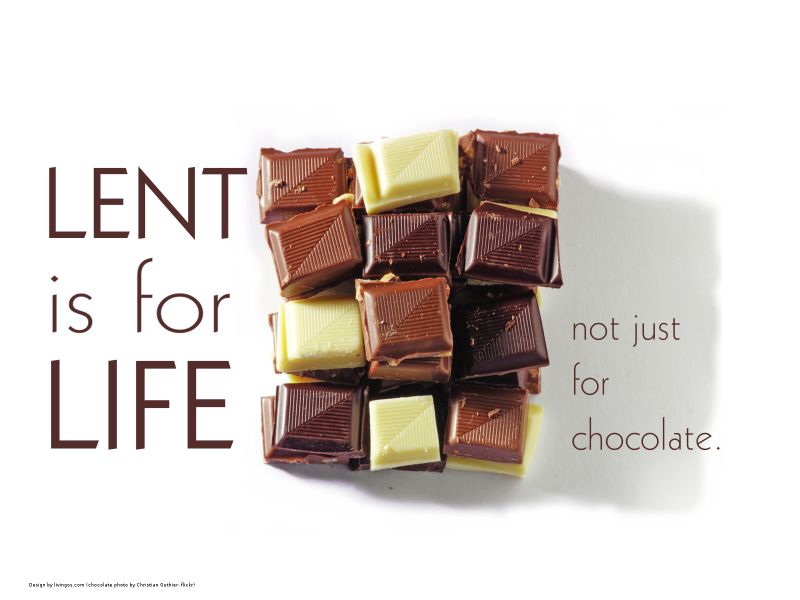 Will you be making pancakes on Shrove Tuesday? Will you be fasting during the 40 days of Lent? Will you give up any little luxuries until Easter? Will you mark Ash Wednesday with ash on your forehead as a visible sign of your repentance for sin? Will you tell anyone? In our series The Passion of Jesus, based on the Gospel of Matthew, Jesus taught us how to inoculate ourselves from spiritual abuse:
Will you be making pancakes on Shrove Tuesday? Will you be fasting during the 40 days of Lent? Will you give up any little luxuries until Easter? Will you mark Ash Wednesday with ash on your forehead as a visible sign of your repentance for sin? Will you tell anyone? In our series The Passion of Jesus, based on the Gospel of Matthew, Jesus taught us how to inoculate ourselves from spiritual abuse:
